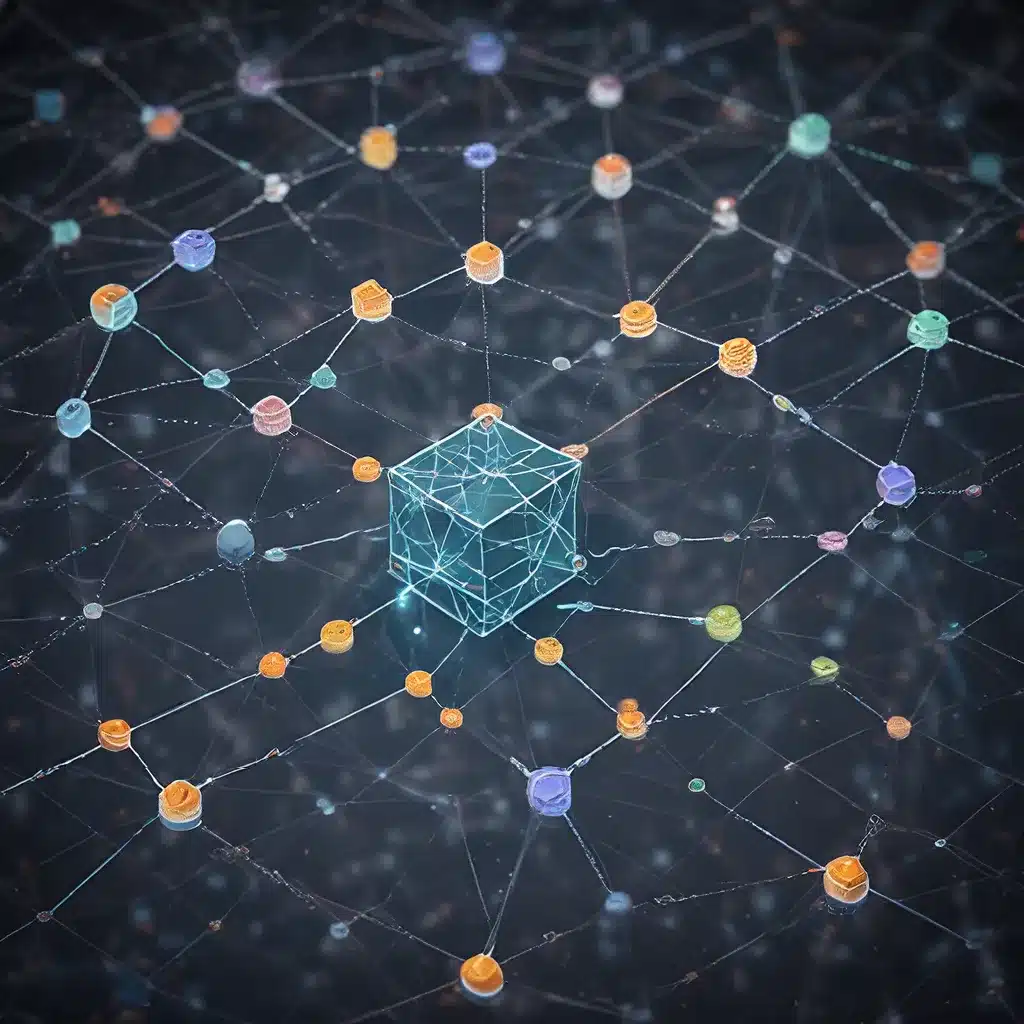
The Rise of Sensor Networks and IoT
In today’s increasingly interconnected world, the Internet of Things (IoT) and sensor networks have become ubiquitous, revolutionizing industries, transforming cities, and enhancing our daily lives. From smart homes to precision agriculture, these technologies enable seamless data collection, intelligent decision-making, and autonomous coordination across a vast array of applications.
However, as these systems become more prevalent, they also face unique challenges. Fragility, vulnerability to adversarial attacks, and uncertainty in environmental conditions can undermine the performance of even the most advanced sensor networks. As robots and autonomous systems begin to coexist with humans, there is a growing need for algorithms that can be trusted to operate reliably under real-world conditions, not just in ideal scenarios.
Decentralized Coordination: The Key to Resilient Sensor Networks
To address these challenges, researchers have been exploring the potential of decentralized algorithms for autonomous sensor coordination. In large-scale environments, centralized control can become impractical, leading to bottlenecks and single points of failure. Decentralized approaches, on the other hand, offer scalability, flexibility, and enhanced resilience to disruptions.
One such research focus has been on enabling security, trustworthiness, and long-term autonomy in robotics and autonomous systems. By devising efficient coordination algorithms with rigorous theoretical guarantees, researchers aim to make these systems more resilient to attacks and adaptable to uncertainty.
Harnessing Graph Neural Networks for Decentralized Planning
A recent innovation in this field is the use of Graph Neural Networks (GNNs) as a tool for automatically synthesizing decentralized planning strategies. GNNs have the potential to learn decentralized decision-making from centralized experts, and then generalize these learned policies to larger-scale scenarios, such as larger environments and larger networks of robots.
Researchers have developed a GNN-based imitation learning framework that allows robots to learn decentralized decision-making from a centralized expert in small-scale scenarios, and then apply these learned policies effectively in larger-scale environments. This approach addresses the challenge of underperformance often associated with decentralized algorithms compared to their centralized counterparts.
Countering Attacks and Failures through Resilient Coordination
In addition to the challenges of scale and complexity, sensor networks and IoT systems must also contend with security threats and system failures. Adversarial attacks, equipment malfunctions, or environmental disruptions can compromise the integrity of these systems, potentially leading to catastrophic consequences.
Researchers have explored strategies for resilient coordination, aimed at countering attacks and failures through the use of distributed algorithms. By employing techniques such as fault tolerance, redundancy, and adaptive decision-making, these approaches seek to maintain system performance and ensure the continued operation of sensor networks even in the face of adversity.
Optimizing Energy Management in Sensor Networks
One critical aspect of sensor network design is energy management. Sensor nodes, often operating on limited power sources, must be designed to maximize energy efficiency and minimize energy consumption to ensure long-term, autonomous operation in the field.
Effective energy management strategies in sensor networks may involve techniques such as duty cycling, data aggregation, and energy harvesting. By intelligently managing the power usage of individual nodes and coordinating their activities, sensor networks can extend their operational lifespan and reduce the need for frequent maintenance or battery replacements.
Toward a Resilient and Autonomous Future
As sensor networks and IoT technologies continue to evolve, the importance of decentralized coordination algorithms, resilient system design, and energy-efficient operations will only grow. Researchers and engineers are at the forefront of these advancements, pushing the boundaries of what is possible in the realm of autonomous, secure, and sustainable sensor network deployments.
By harnessing the power of distributed decision-making, machine learning, and advanced coordination strategies, the sensor network and IoT communities are poised to deliver transformative solutions that can enhance our lives, protect our environments, and pave the way for a more resilient and autonomous future.
Explore the cutting-edge developments in sensor networks and IoT technology on sensor-networks.org, where experts share their insights, case studies, and the latest advancements in this rapidly evolving field.